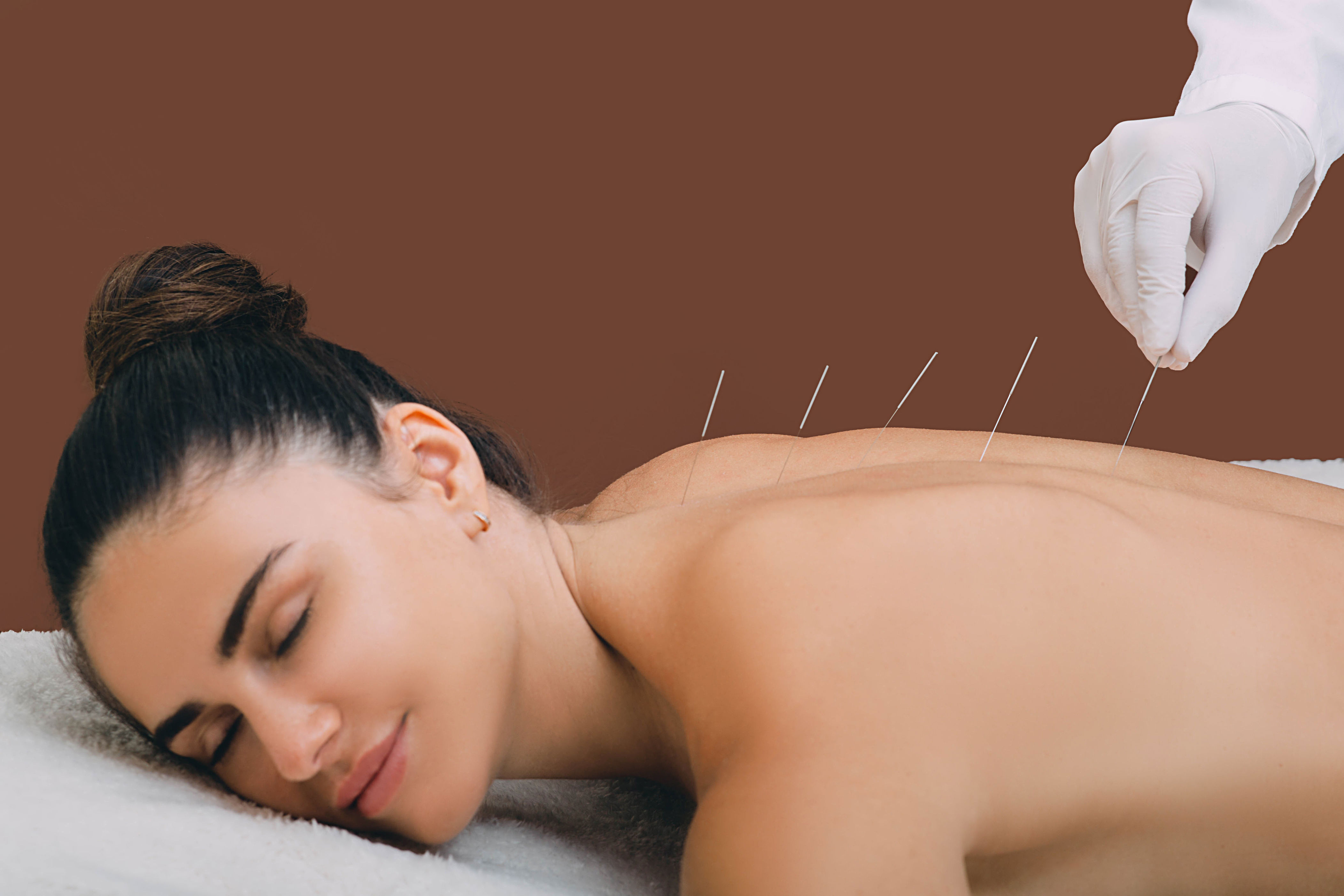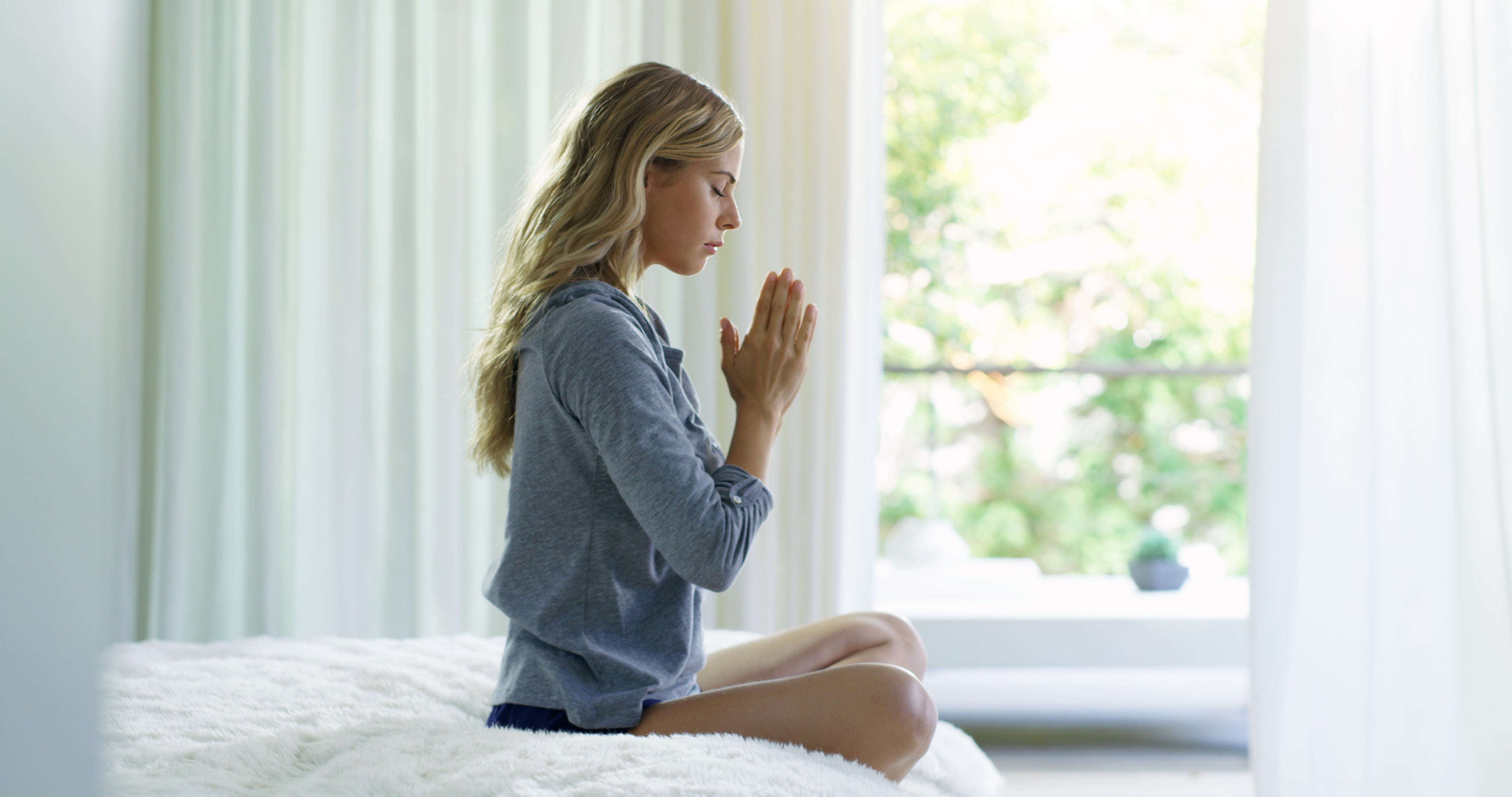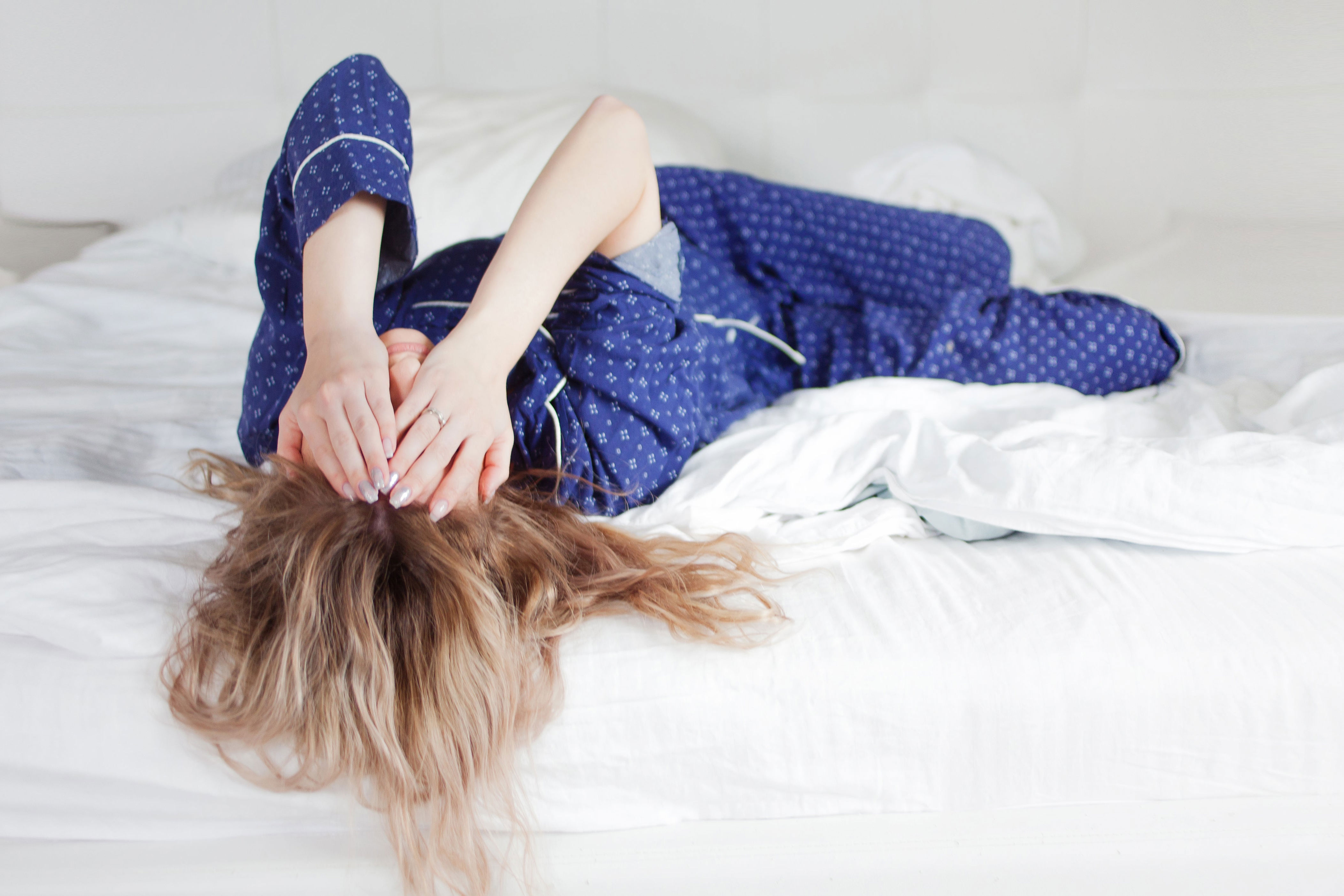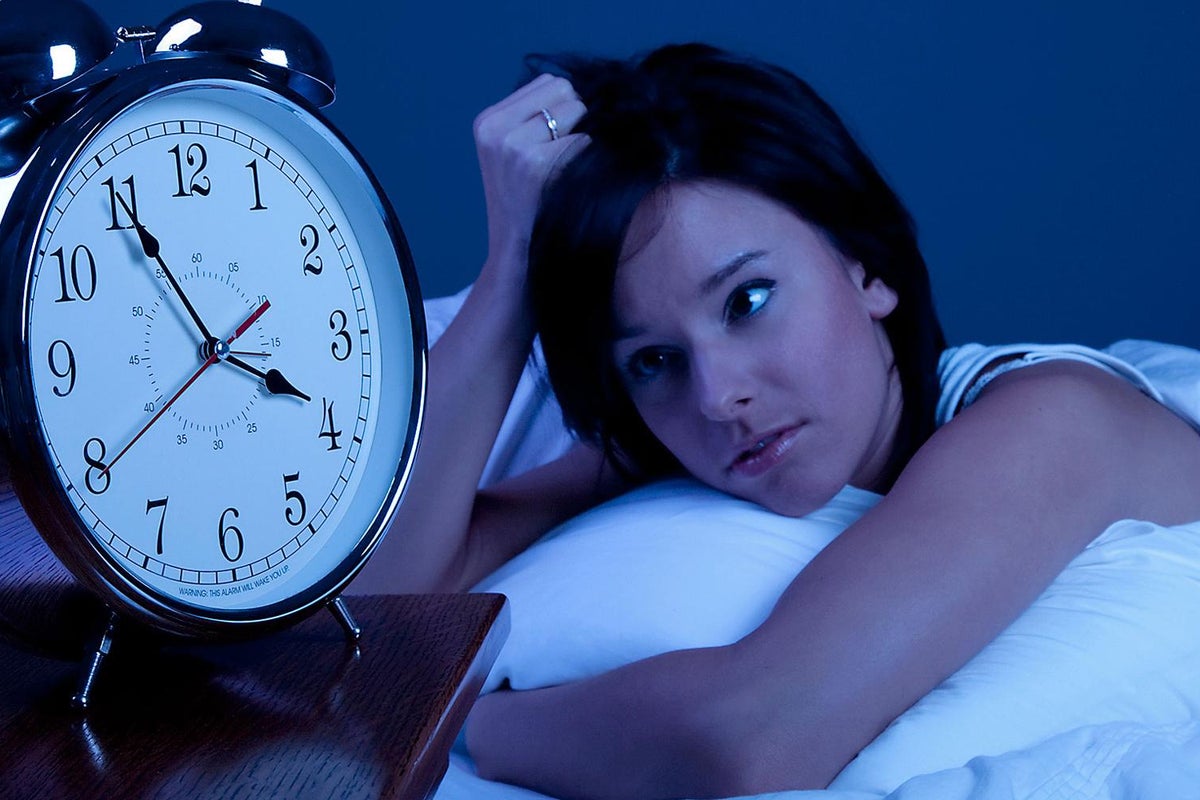Why do I suddenly wake up at the exact same time every night? It’s always 4 a.m. precisely. I’m beginning to question if there’s some deeper meaning behind it — aside from being really frustrating. I’ve tried using eye masks.. Relaxation techniques. Electrolyte sachets with added magnesium. Nothing is functioning. Each night: 4 a.m.
A 2021 research paper titled “The Different Faces of Insomnia” revealed that 40 percent of people face the issue of waking up early in the morning.,and struggle to fall back asleep. The usual explanations often cited include menopause, insomnia, stress, aging, medications, diet, and pain. However, while lying awake in the silence of the night researching my issue, I discover another, much more unusual theory: the spirit world.
According to traditional stories, the “witching hour,” often described as occurring between midnight and 4 a.m., is thought to be a time when the boundary between the living and the spirit realm is extremely thin, allowing for easier interaction with spirits; waking up during this period is seen as a sign that you are spiritually connected. If you accept these beliefs, it could also suggest astral projection—the soul returning to the body after journeying through other dimensions. My tendency to wake up at 4 a.m. might mean thatspirit guidesare conveying significant communications, or directing me toward my fate.
In a state of desperation, I chose to explore the mystical reasoning behind these claims, along with the more scientific perspectives, hoping I could uncover an answer. If that involves believing a guardian angel is attempting to notify me of significant information, or that my fast-paced thoughts are fueled by an overly active third eye chakra, then so be it. I don’t want to harm myself with sleeping pills – or browse news headlines on my phone at dawn.
Top-tier acupuncturist Ross Barr, who offers treatments at Claridge’s Spa, has a clientele that features Prince Harry and Meghan Markle, who regularly visited him as part of their pre-marriage wellness regimen. Waking up at the same time repeatedly, according to Barr, holds considerable importance. “It’s seldom coincidental,” he explains. “Eastern medicine recognized this long ago,” he adds. “It often serves as a signal indicating an imbalance in a particular organ or an emotional issue.”

As per the traditional Chinese medicine (TCM) organ clock, every three-hour period corresponds to a specific organ system. Waking up between 1am and 3am, Barr explains, is considered liver time. “This period is typically linked to internal heat, irritability, stress, or alcohol consumption,” he mentions. Waking during the time between 3am and 5am, Meanwhile, it raises concerns regarding the lungs. “It’s more related to grief and loss, or common lung conditions such as asthma.”
However, waking up too early before your alarm can also indicate that you’re relying on adrenaline, he explains. “It’s as if your body is preparing for something, as though it’s trying to stay ahead of danger or the day itself.”
Some people think that unbalanced chakras—energy centers believed to influence various physical and emotional aspects—are responsible. The third eye, connected to intuition and sleep patterns, and the root chakra, tied to a sense of safety and stability, are frequently associated with sleep issues such as insomnia or restless sleep.
“Approximately 4am is when the throat and heart chakras are at their peak,” notes Padna Coram, a spiritual and holistic lifestyle and wellness specialist at London’s Hale Clinic. She suggests that if the seven chakras aren’t moving smoothly along the spine, from the base to the top of the head, the body wakes up to signal you to address the issue.
It’s not only about sleep issues — it’s the soul softly tapping or knocking. The body is attempting to grab your attention via the subconscious.” In her view, waking up at 4 a.m. repeatedly might indicate there’s an unexpressed emotion, repressed sorrow, or a truth that needs to be shared. She recommends confronting issues directly. “We either choose to bury our heads in the sand, become irritable, angry, and tense, or seek distraction by going out,” she explains, “but it’s crucial to express our worries even if it’s just to ourselves, so that the mind and body can work through them.
Rajmata Sangita Devi of Kathiwada, the creator of the wellness retreat Kathiwada Raaj Mahal, also oversees wellness initiatives at Kathiwada City House in Mumbai. She views rising at 4 a.m. in a positive light, stating, “It’s a blessing,” she explains. “It indicates you are spiritually aligned. It’s an ideal moment to connect with your higher self and engage in more profound meditation when your mind is clear.”

This time before sunrise or before dawn, referred to in Hindu asBrahma Muharta,is seen as the most favorable period for spiritual activities, meditation, and mental clarity, during which ourpranaThe life force energy is believed to be at its peak. It takes place one hour and 36 minutes prior to sunrise, varying based on your location, and typically falls between 3:30 AM and 5:30 AM, lasting approximately 48 minutes.
Don’t fight it. Sit upright and softly shut your eyes,” she suggests, “and practice meditation or focus on your breathing.” She continues, “If you go to bed at dusk and rise at dawn, that’s seven or eight hours of rest. It should follow a natural sleep-wake pattern.
But what does rigorous, scientific research indicate? As expected, the explanation is not magical. “Waking up around 4 a.m. is extremely common and entirely normal,” explains Dr. Guy Meadows, a sleep expert and founder of The Sleep School. “This is the moment our bodies naturally start to prepare for waking,” he adds. “Body temperature begins to increase, cortisol – a crucial hormone that helps us wake up – is released, and adenosine, the substance that contributed to our sleepiness, is now at its lowest level. Therefore, when we briefly come out of a sleep cycle, it’s much easier to fully awaken.”
What is most important, he states, is our reaction to these natural awakenings. “If we become anxious, look at the clock, or attempt to fall back asleep, we may inadvertently teach our brain to wake up at that specific time every night.”
Dr. Allie Hare, president of the British Sleep Society and co-founder of Grace Sleep (gracesleep.clinic), mentions that she is not familiar with any studies indicating a connection between waking at 4am and meridians or the supernatural realm. Rather, other elements are involved. “By 4am, you’re nearly meeting your sleep requirement – your homeostatic drive – making it harder to fall back asleep compared to if you had woken up earlier in the night,” she explains.
Waking up at the same time every night is usually not coincidental. Eastern medicine has understood this for a long time.
Sleep expert Russell Foster, a professor of circadian neuroscience at the University of Oxford and author ofLife Time: The New Science of Your Body’s Clock, and How It Can Transform Your Sleep and Well-being, states that approximately 70 to 90 minutes after falling asleep and going through non-REM sleep (stages one through four, with stages three and four being deep sleep), we enter REM sleep—rapid eye movement sleep—during which we are significantly more prone to awaken.
After experiencing REM sleep, we transition back to non-REM sleep (stages one through four), and approximately 70 to 90 minutes later, we enter REM sleep once more. Typically, we go through five of these non-REM/REM cycles during the night. “In the morning, we usually wake up naturally during REM sleep, which is when we are more likely to be awake. However, each time you enter a REM phase during the night, you’re more prone to waking up,” he explains.
This may happen on its own, or it could be triggered by the need to urinate, or as a result of hormonal changes and temperature shifts during perimenopause, a partner’s snoring, or light entering the room. Since our non-REM/REM cycle is quite regular, waking up during REM sleep can happen at nearly the same time on back-to-back nights.

I’m going to practice some self-honesty and acknowledge to myself that I have certain financial worries and unprocessed sadness—whether this helps align my energy centers and clears my chest is something else, but it feels much simpler than connecting with spirits during the magical hour. While it sounds appealing to take an out-of-body journey, the reality is, all I desire is a restful night’s sleep—essentially, to put this whole issue to rest.
The Independent is the world’s most independent-minded news brand, offering global news, opinions, and analysis for those who think for themselves. We have built a large, worldwide audience of individuals who appreciate our reliable voice and dedication to promoting positive transformation. Our goal, to drive change, has never been more crucial than it is now.



